How Sleep Affects Your Aesthetic Health: The Science Behind Beauty Sleep
A good night's sleep has long been touted as the ultimate beauty secret. Commonly referred to as "beauty sleep," the idea is that the more restful the sleep, the more radiant and youthful the skin looks. But is there any real science behind this notion, or is it just a myth passed down through generations? In this article, the connection between sleep and aesthetic health will be explored, uncovering how sleep impacts your skin, body, and overall beauty.
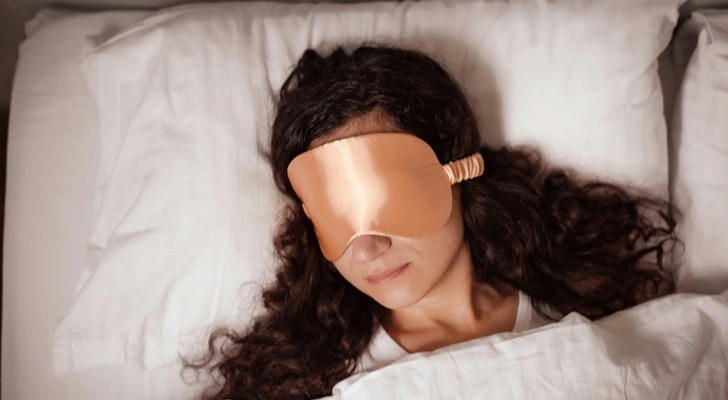
The Science of Beauty Sleep
While it may sound like something from a fairy tale, sleep does play a critical role in maintaining beauty. It's during sleep that the body enters repair mode, and this includes repairing skin cells and regenerating tissues. But what's really going on beneath the surface?
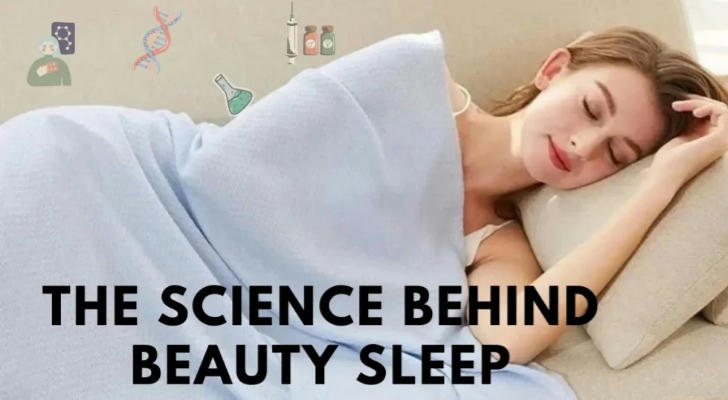
1. Cell Regeneration and Skin Repair
During deep sleep, the body increases blood flow to the skin, allowing it to repair itself. This is especially true during the first few hours of sleep, when the body is in its deepest restorative phase. It's during this time that collagen production, which helps maintain skin elasticity and reduces wrinkles, occurs at its highest rate.
- Supporting Data: A study conducted by the American Academy of Sleep Medicine shows that individuals who get enough quality sleep experience a faster turnover of skin cells and a reduction in fine lines and wrinkles.
2. Reduction in Stress Hormones
Another significant factor affecting skin health is cortisol, the stress hormone. High levels of cortisol can lead to skin issues like acne, inflammation, and premature aging. Quality sleep helps regulate cortisol levels, which directly impacts the health of the skin.
- Research Insight: A study published in the Journal of Investigative Dermatology found that individuals who sleep less than 6 hours a night have higher levels of cortisol, which contributes to skin breakouts and premature aging.
3. Boosting Skin Hydration
Sleep also plays a key role in skin hydration. While asleep, the skin’s barrier functions are more efficient, helping it retain moisture. Inadequate sleep can lead to dehydrated skin, which looks dull, flaky, and prone to fine lines.
- Statistics: According to a survey by the National Sleep Foundation, individuals who reported 7-9 hours of sleep per night had skin that was 30% more hydrated compared to those who slept less than 6 hours.
Sleep and Its Impact on Body and Overall Aesthetic
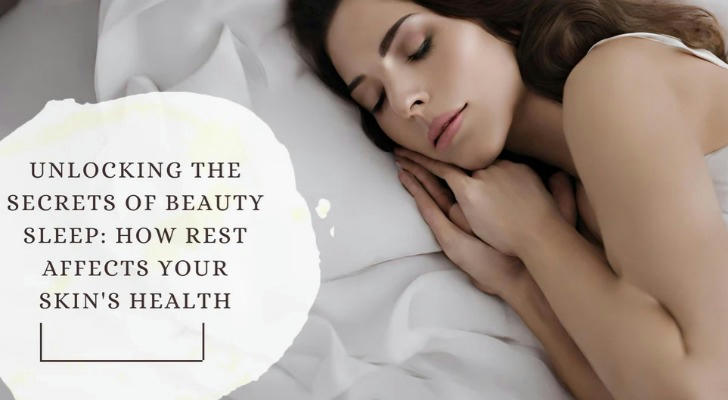
It’s not just the skin that benefits from good sleep. Adequate rest contributes to a more toned and youthful body, improving everything from muscle recovery to the regulation of weight.
1. Muscle Recovery and Tone
Sleep is a crucial time for muscle repair. While the body rests, muscles recover from the day’s activities, and this process can help with body sculpting and overall muscle tone. Poor sleep impairs this recovery process, making it harder to maintain a toned physique.
- Body Insight: A study published in the Journal of Clinical Endocrinology & Metabolism found that a lack of sleep can reduce muscle recovery and growth, leading to a less toned appearance.
2. Weight Management
Sleep also plays a role in weight regulation. When sleep is deprived, hormones like ghrelin (which stimulates appetite) and leptin (which signals fullness) become unbalanced. This imbalance can lead to overeating and weight gain, which can negatively impact one’s physical appearance.
- Supporting Data: According to research from the Harvard Medical School, people who sleep less than 7 hours per night are 30% more likely to be overweight or obese compared to those who get a full night of sleep.
The Link Between Sleep and Eye Health
Sleep affects more than just the skin—it plays a critical role in maintaining the health and appearance of the eyes.
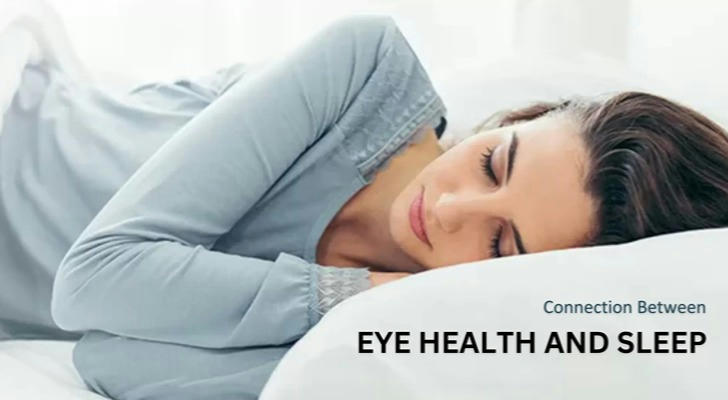
1. Dark Circles and Puffiness
A lack of sleep can lead to visible changes around the eyes, such as dark circles and puffiness. These are often caused by fluid retention, poor circulation, and reduced oxygen flow to the skin under the eyes. Proper sleep restores circulation and reduces fluid buildup, giving the eyes a more refreshed and awake appearance.
- Expert Insight: According to the American Academy of Ophthalmology, the skin around the eyes is thinner and more sensitive, making it especially prone to showing signs of sleep deprivation.
2. Eye Health and Repair
While sleeping, the body undergoes processes that help maintain eye health. Sleep supports the repair of damaged cells in the eyes, promotes tear production, and keeps the eyes hydrated. Consistent rest helps prevent dryness and irritation, contributing to a brighter, more youthful look.
- Research Tip: Studies published in the journal Sleep show that individuals who get consistent, quality sleep experience fewer eye problems, such as dryness and irritation, compared to those with disrupted sleep patterns.
The Recommended Sleep for Beauty
To maximize the beauty benefits of sleep, it’s not just about the quantity but also the quality of sleep.

1. Ideal Sleep Duration
Most adults need between 7 and 9 hours of sleep each night to see the best benefits for skin health, muscle recovery, and overall beauty. Sleeping less than 6 hours a night can negatively affect all aspects of aesthetic health, from skin hydration to the appearance of dark circles.
2. Tips for Better Sleep
Establish a Routine: Try to go to bed and wake up at the same time every day.
Create a Relaxing Environment: Ensure the sleep environment is dark, quiet, and cool.
Limit Screen Time: The blue light emitted by phones and computers can interfere with sleep quality. Try avoiding screens at least an hour before bed.
Exercise: Regular physical activity can help improve sleep quality, but avoid exercising too close to bedtime.
Conclusion: The Power of a Good Night’s Sleep
Beauty sleep is not just an old wives' tale—it’s grounded in science. Sleep plays a vital role in skin health, muscle recovery, eye health, and weight regulation. The connection between sleep and beauty is undeniable: adequate rest helps maintain glowing skin, prevents dark circles, supports muscle tone, and reduces the visible signs of aging. For those seeking to enhance their aesthetic health, prioritizing sleep could be one of the simplest, most effective steps to achieve a youthful, vibrant appearance.
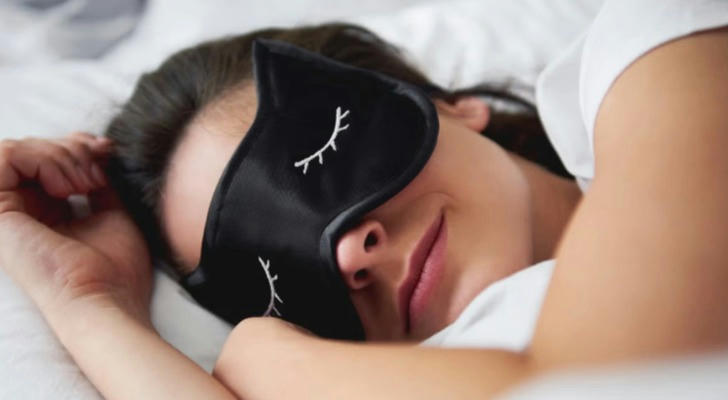
Key Takeaways:
Good sleep improves skin repair, reduces stress hormones, and boosts hydration.
Muscle recovery and toned body are enhanced with adequate rest.
Dark circles and puffy eyes are reduced with better sleep quality.
Aim for 7-9 hours of sleep each night to maintain beauty and overall health.
So next time someone mentions the importance of beauty sleep, remember—it’s not just a myth, it’s a science-backed secret for glowing skin and a youthful, radiant appearance.
